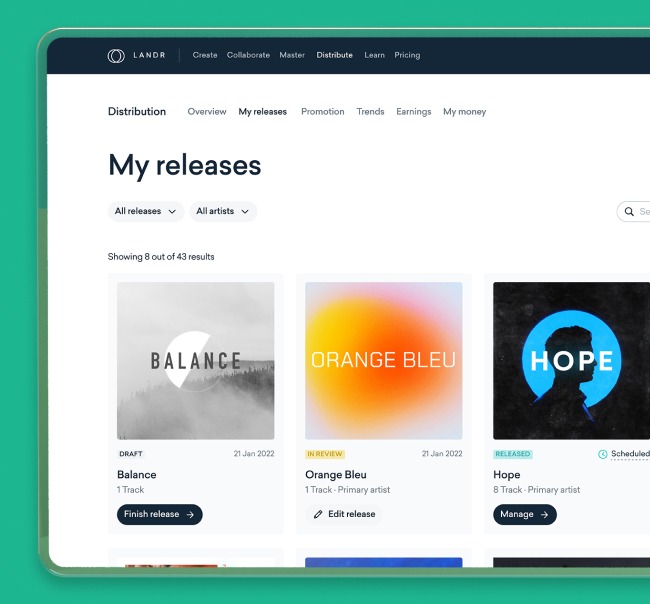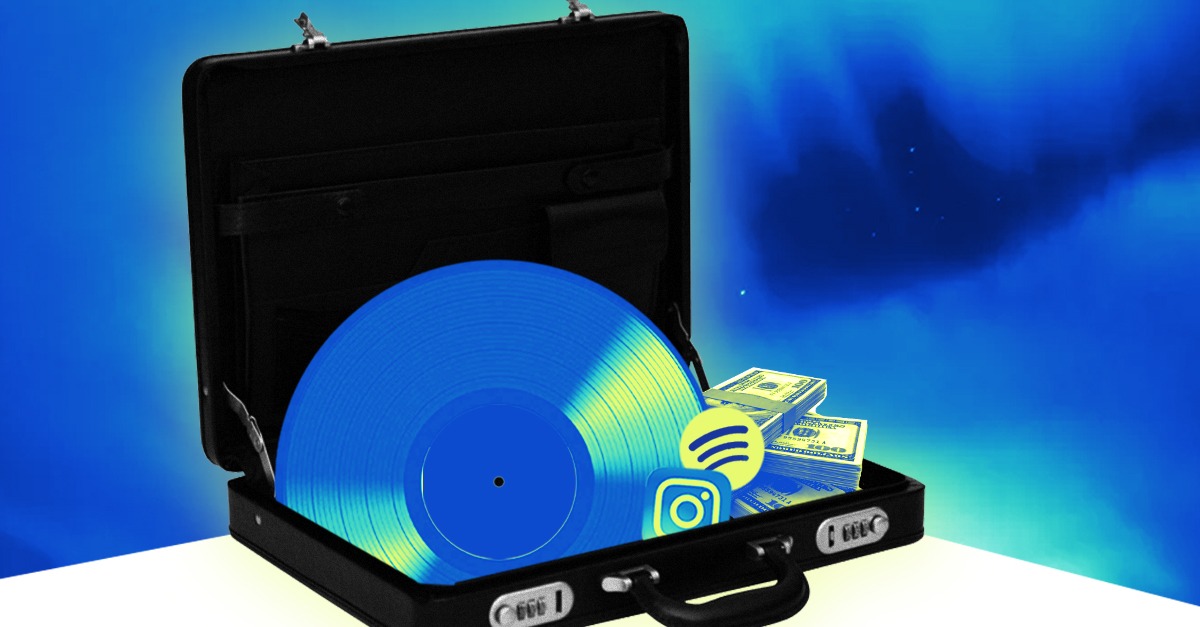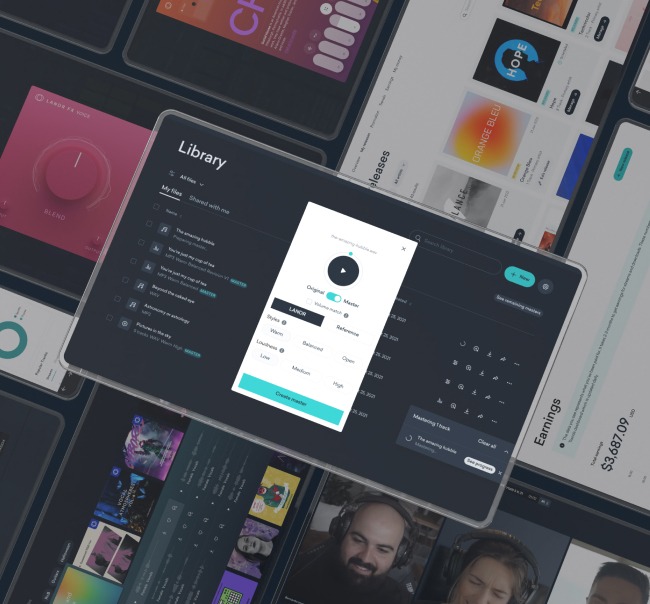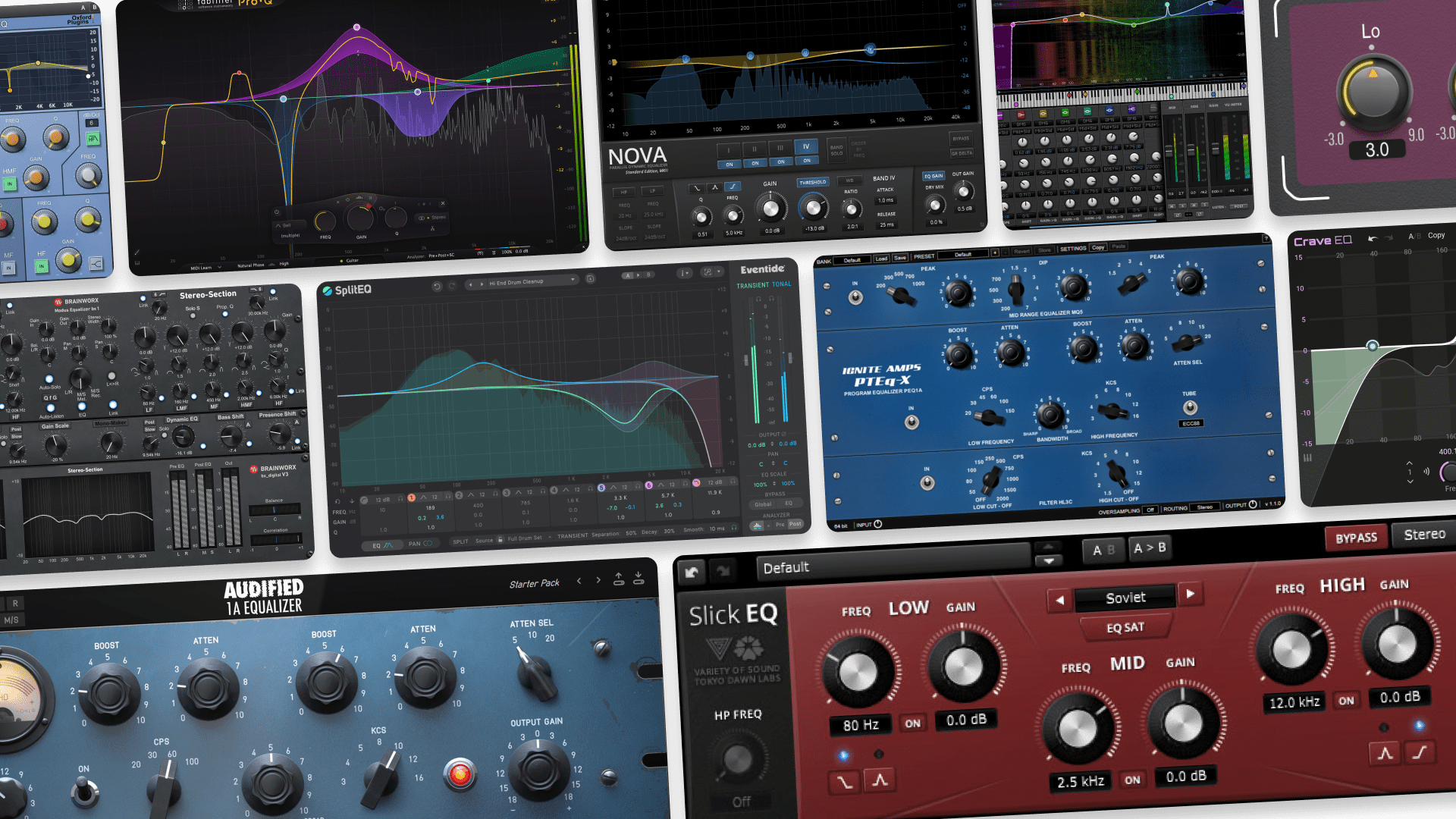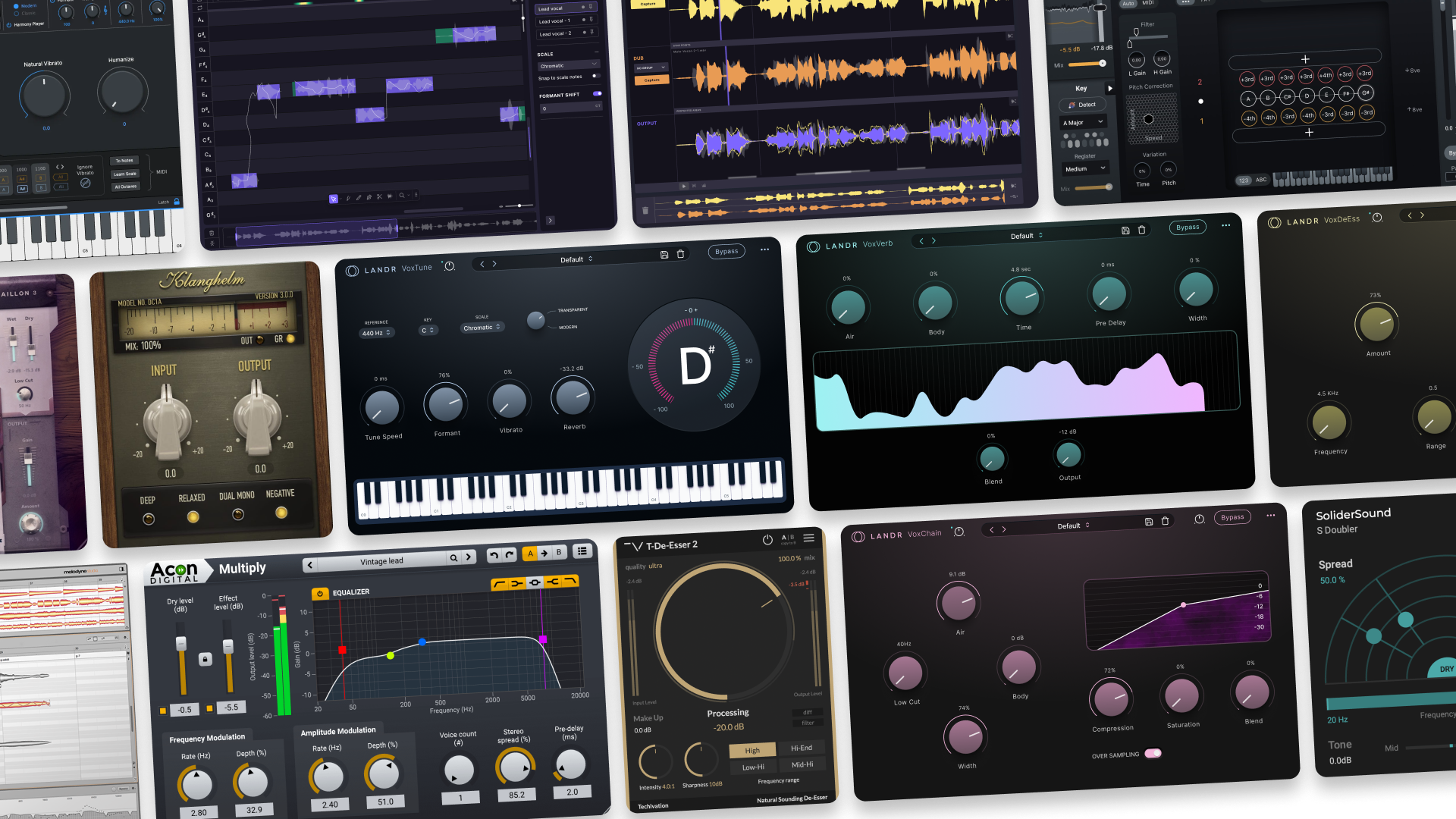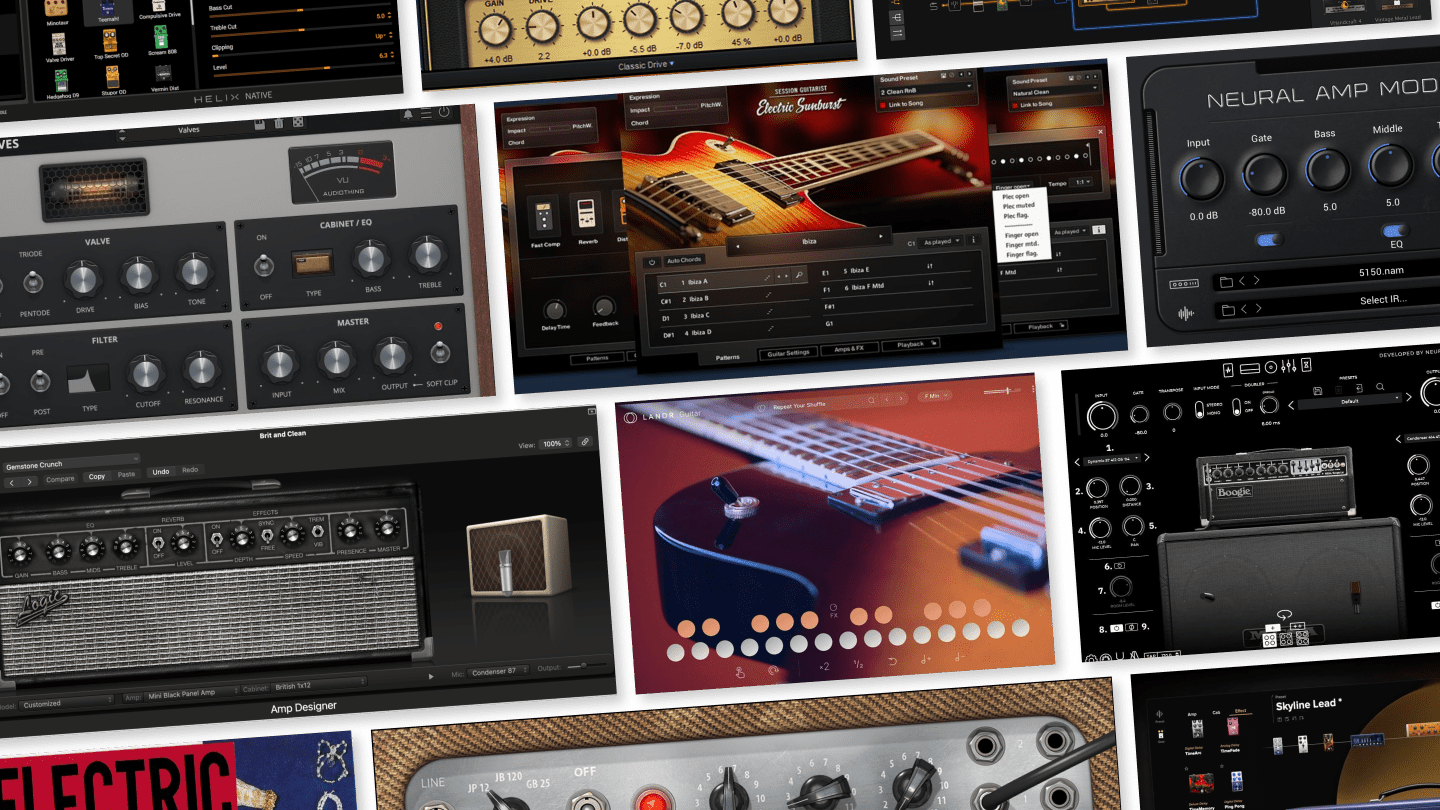
A&R: How Get Artist and Repertoire Attention in 2026

Getting discovered by an A&R rep, signing a huge record deal and making it big is the dream for most artists.
But what does it take to get a big moment like signing a record deal?
To kick off a huge music career you have to be really, really good at what you do, you need to have impeccable timing and you need to meet all the right people.
A lot of stars have to align, but one key person you may need to impress to make a big career move is an A&R representative.
If you work hard and come up with a plan, it’s not as complicated as you might think to at least get your chance to perform in front of an industry crowd and meet A&R reps from record labels.
It’s a long road and there’s many things to keep in mind if you want to connect with A&R reps.
In this article let’s unpack everything that an A&R rep does so you’ll know what to expect from them, what they can do for you and how to work with one.
What is A&R?
A&R means artists and repertoire. An A&R representatives is tasked by record labels to find and sign new talent to the label’s roster.
Traditionally, to find talent A&R reps would go to industry shows, local shows and work within music scenes to acquire talent for their respective label.
In the early days, during the golden age of vinyl and radio A&R reps were usually the only way labels discovered new talent—they truly were the gatekeepers of the industry.
But that Hollywood culture of smoky backrooms where whisky-fueled A&R reps inked deals with vulnerable artists has largely changed with the internet and modernization of the industry.
Today A&R’s meaning is very different from what it was in the early 20th century.
How A&R reps work in 2023
Before the 2020 pandemic, A&R reps largely did their work at industry festivals. You’d find them at the various SXSW’s and CMW’s of the world.
But ever since shows and festivals were halted it remains unclear how in-person A&R work will continue.
Pandemic aside, more than ever most artists are discovered via social media and internet platforms—especially platforms that lend themselves to music like TikTok and Spotify.
So working on your social media presence, building your audience online and promoting your music is a super important way for reaching and impressing A&R reps.
A few ways to do that include maintaining your presence on Instagram, Twitter and TikTok.
But also, shooting a music video or coming up with other creative online promotion ideas is just as valuable.
Social media aside, being present in your local scene—especially if you live in a big metropolitan area—is just as important for building your following.
How to meet your first A&R rep
If you really want to contact an A&R rep you need to come up with a plan.
The first step is finishing an album.
If you go into a conversation with a label representative already sitting on something that’s ready to show, it’ll prove you’re serious and you might be able to fast-track a release.
Once you have an album you should try and play some live shows.
Your best bet is to start making connections with the local scene—get out there and see who else is making music, try to meet people and don’t be afraid to talk about what you’re working on.
Assuming live shows are happening, you probably can hop on a bill and play your first show.
Get as many people to come as you can and try to play with bands that might draw a crowd of new people.
Once you’ve played a handful of shows and you’ve gotten some feedback, it could be time to apply to play an industry festival like SXSW, Pop Montreal or CMW.
There’s a lot of them out there, so check up and see when a big industry festival is coming to a town near you.
This is where your first chances at playing in front of industry professionals will come.
Of course, it won’t hurt to reach out to the label reps you know will be there and invite them to your showcase too.
6 Things A&R Contacts Look For
Understanding what an A&R rep is seeking can help you align your work with their expectations and improve your chances of getting noticed.
Here are some key points that A&R scouts look for when assessing new talent:
1. Unique Selling Point
Your Unique Selling Point (USP) sets you apart from other artists.
It could be your distinct sound, your performance style, your personal story, or even your branding.
A&R reps are always on the hunt for something fresh and exciting that will stand out in the saturated music market.
2. Music Quality
At the end of the day, music is the product. Hence, the quality of your music is crucial.
This doesn’t mean it has to be technically perfect, but it needs to resonate with listeners.
A&R reps pay attention to melody, lyrics, arrangement, and overall production.
Even if your music is raw, if it’s impactful and emotive, it may catch the attention of an A&R rep.
3. Live Performance Skills
Your ability to engage an audience during live performances is key.
The energy, the charisma, and your connection with the crowd all contribute to the live show.
A&R reps often scout artists at gigs because they want to see how they perform under pressure and how audiences respond to them in real-time.
4. Marketability
This is a more commercial factor, but it’s important nonetheless.
A&R reps need to identify artists who can sell.
This includes your image, your potential for radio play, your appeal to a specific demographic, and your adaptability in an ever-changing market.
5. Work Ethic and Professionalism
A&R reps look for artists who are not only talented but also dedicated and professional.
This includes your willingness to accept feedback, your discipline in terms of crafting your music, your punctuality, and your attitude towards the business side of music.
6. Fan Engagement
In today’s digital world, your online presence and your ability to engage with fans is important.
A&R reps consider your follower count, streaming numbers, but also how you interact with your audience.
It’s about showing that you can build and maintain a loyal fan base.
Remember, an A&R rep’s main goal is to find artists who can bring something special to their label and ultimately drive sales.
By focusing on these areas, you can increase your chances of attracting their attention and perhaps even landing that dream record deal.
Understanding A&R evaluation criteria
For artists aspiring to catch the attention of A&R representatives, understanding the metrics used to evaluate potential success is key.
A&R evaluation metrics usually include streaming numbers, social media engagement, and playlist inclusions, which are visible indicators of an artist’s popularity and market appeal.
Additionally, live performance attendance and online presence are critical, reflecting an artist’s ability to engage with audiences both virtually and in person.
Press coverage, collaborations, and endorsements further augment an artist’s profile, offering credibility and wider industry recognition.
A&R representatives will also factor in the growth rate of a fanbase and revenue streams from music sales, merchandise, and performances provide a tangible measure of commercial success.
Balancing these metrics with artistic integrity is essential for artists seeking to make a mark in the music industry.
Enhancing your music industry numbers
Focus on boosting your streaming numbers by regularly releasing music and encouraging your listeners to stream.
Enhance your social media engagement through consistent, authentic interactions and content that resonates with your audience.
Aim to get your tracks on popular playlists, which can significantly amplify your reach.
For live performance metrics, actively seek opportunities to book gigs, building a reputation for energetic and engaging shows.
Cultivate a strong online presence with a cohesive brand that reflects your musical identity.
Seek media coverage by reaching out to music blogs and magazines for features or interviews.
Collaborating with other artists and securing endorsements can also elevate your profile.
Remember, a rapidly growing fanbase and diversified revenue streams are often the result of a comprehensive approach that combines these efforts with consistent, high-quality musical output.
Do you even need a record deal?
The days of needing a record label’s representation are slipping by.
With digital distribution, streaming platforms and online audiences, do you really need to give away your rights to get the exposure record labels promise?
It depends on the kind of music you make, who you are and the kind of label you want to sign with.
But, there are so many examples of great artists whose careers got completely derailed by a bad record deal and even more examples of artists who made it big without ever signing one.
So be very careful when engaging with an A&R representative who promises to fulfill your wildest dreams and get you a big signing with a major label.
Many of the tools you need to promote yourself and get your music on streaming platforms are already there.
Instead of lusting after a big career move, focus on the reason why you got into making music in the first place—your love for writing, performing and expressing yourself.
Those big moments are always bittersweet and they almost never manifest themselves in the way you imagined them anyway.
Just focus on the moment and what you can do now. Success will come with time and hard work.
Gear guides, tips, tutorials, inspiration and more—delivered weekly.
Keep up with the LANDR Blog.
